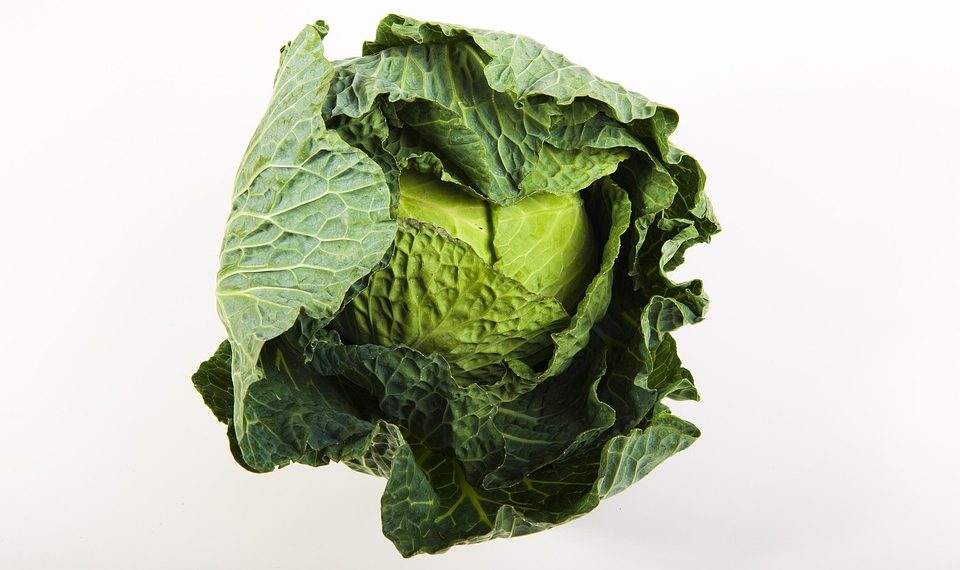Green vegetable power boosts your health today! Yes, it’s true! Imagine feeling vibrant, energetic, and ready to tackle each day with gusto. That’s what incorporating green vegetables into your diet can do for you! Packed with nutrients, these little wonders can transform your life in ways you might not even realize.
Let’s dive into why green vegetables are not just a side dish but a powerhouse of health benefits that you can start enjoying right now.
Contents
What Are Green Vegetables?
Green vegetables are those leafy greens and other vibrant veggies that come in various shades of green. Think spinach, kale, broccoli, and Brussels sprouts. They are rich in vitamins, minerals, and antioxidants, making them essential for a healthy lifestyle. But it’s not just about nutrition; it’s about how these foods can elevate your overall well-being.
Eating the right amount of these greens can lead to a host of health benefits—from boosting your immune system to improving your skin. In a world full of processed foods, making room for green vegetables can be your secret weapon.
1. Boosts Immunity
Green vegetables are brimming with vitamins A, C, and K, as well as antioxidants that fortify your immune system. This means fewer sick days and more energy for the things you love.
- Spinach is particularly high in vitamin C.
- Kale contains powerful antioxidants like quercetin and kaempferol.
Incorporating these greens can help your body fight off illnesses more effectively. So next time you feel a cold coming on, reach for that salad!
2. Enhances Digestive Health
Ever felt bloated or sluggish? Green vegetables can help with that! They are high in fiber, which keeps your digestive system running smoothly.
- Broccoli and Brussels sprouts are fiber-rich and promote gut health.
- Fiber helps regulate your bowel movements and can prevent constipation.
A happy gut is a happy you. When you nourish your body with these greens, you’re setting yourself up for better digestion and overall health.
3. Supports Weight Management
If weight loss is on your agenda, green vegetables can be your best friend. Low in calories and high in nutrients, they can fill you up without weighing you down.
- Leafy greens like romaine and arugula are great for salads.
- They add volume to meals, making it easier to eat less.
By swapping out higher-calorie foods for greens, you’ll not only reduce your caloric intake but also feel satisfied. It’s a win-win!
4. Promotes Healthy Skin
Want glowing skin? Look no further than your plate! Green vegetables are loaded with vitamins and antioxidants that aid skin health.
- Spinach provides iron, which is essential for a radiant complexion.
- Kale has anti-inflammatory properties that can reduce skin conditions like acne.
Incorporating these greens into your diet can provide that youthful glow you’ve been looking for. Your skin will thank you!
5. Strengthens Bones
Green vegetable power boosts your health today by supporting bone health. Vegetables like kale and broccoli are high in calcium and vitamin K, both crucial for strong bones.
- Kale contains more calcium per calorie than milk.
- Broccoli is also rich in magnesium, which helps maintain bone density.
By making greens a regular part of your meals, you’re investing in your skeletal health for years to come.
6. Improves Heart Health
Heart disease is a leading cause of death, but you can take steps to protect your heart with diet. Green vegetables play a pivotal role in heart health.
- Spinach and kale are rich in potassium, which helps lower blood pressure.
- Antioxidants found in greens can reduce cholesterol levels.
Enjoying a variety of green vegetables can lead to a healthier heart and a longer life. Your ticker deserves the best!
7. Boosts Mental Clarity
Feeling foggy? Green vegetable power can help clear the mental haze. Nutrients like folate and vitamin K found in greens have been linked to improved brain function.
- Kale is known to enhance cognitive performance.
- Broccoli is rich in antioxidants that may protect against neurodegenerative diseases.
Nourishing your brain with these greens could mean sharper focus and better memory.
8. Regulates Blood Sugar Levels
If you’re concerned about blood sugar spikes, green vegetables can help. They have a low glycemic index and are high in fiber, making them ideal for blood sugar regulation.
- Spinach and broccoli can slow down the absorption of sugar.
- Adding greens to your meals can help you maintain stable energy levels.
By incorporating these veggies into your diet, you can better manage your blood sugar and feel more balanced throughout the day.
9. Increases Energy Levels
Let’s face it; life can be exhausting. Green vegetables can help you power through your day. Nutrient-dense and full of energy-boosting compounds, they can make a noticeable difference in how you feel.
- Kale is rich in iron, which is vital for energy production.
- Spinach contains magnesium, essential for muscle function and energy metabolism.
Feeling fatigued? Load up on greens to keep your energy levels soaring.
10. Enhances Overall Well-Being
Green vegetables are not just food; they’re a lifestyle choice. Eating a diet rich in greens can lead to a happier, healthier you. The benefits are far-reaching and enhance your overall well-being.
- A balanced diet lowers the risk of chronic diseases.
- Greens can improve your mood and contribute to mental wellness.
When you choose green vegetables, you’re choosing a life filled with vitality, joy, and health.
Bottom Line
Green vegetable power boosts your health today! From strengthening your immune system to enhancing your skin and mood, these nutrient-rich foods are a must-have in your diet.
Embrace the vibrant world of greens, and watch how they transform your health and life. Start small—add a handful of spinach to your smoothie or a side of steamed broccoli with dinner. You’ll be amazed at how quickly you feel the benefits.
FAQs
1. How can I incorporate more green vegetables into my diet?
Start by adding them to smoothies, salads, or stir-fries. Experiment with different recipes to find what you love!
2. Are frozen green vegetables as healthy as fresh ones?
Yes! Frozen vegetables retain most of their nutrients and can be just as beneficial as fresh.
3. How much green vegetables should I eat daily?
Aim for at least 2-3 cups of vegetables daily for optimal health benefits.
Now, go ahead and embrace the power of green vegetables. Your body—and your taste buds—will thank you!
Get Your FREE Natural Health Guide!
Subscribe now and receive our exclusive ebook packed with natural health tips, practical wellness advice, and easy lifestyle changes — delivered straight to your inbox.
















